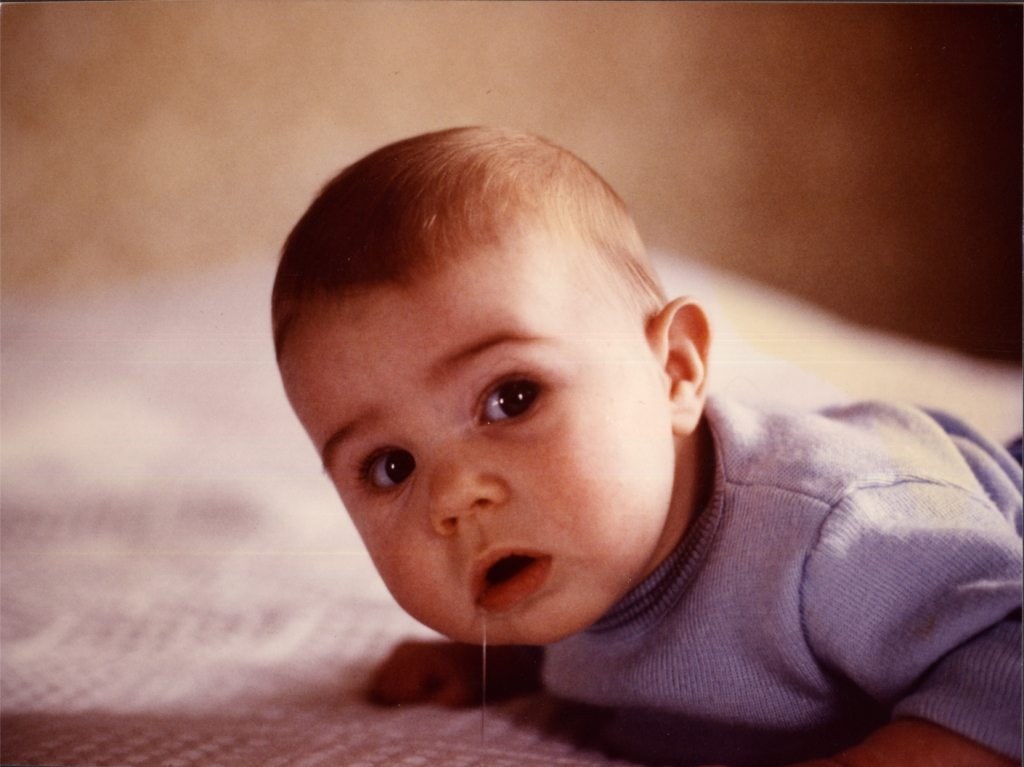Can I Prevent a Child from Seeing His Birth Parents?
Answered by Ustadh Salman Younas
Question: Asslamu Alaykum
I have legal guardianship of a baby who is two years of age. Both his parents are addicts and have lost custody of their child. At present, neither parent has joined a rehabilitation programme to stay clean. I am looking after the child on my own – I am a single female. I am being pressured by the child’s family to allow the child to see the parents. What is the Islamic perspective? Should I allow the parents to see their child with the hope that it will help them change? What are the rights of the child regarding this?
Answer: Assalamu alaykum
This is clearly a sensitive situation. On the one hand, birth-parents have a privileged position in Islam when it comes to the rights they possess over, and are owed by, their children. Yet, in this particular situation, there was clearly good reason to transfer guardianship of the child to a responsible adult who could provide the child the care and nurturing he or she requires.
Therefore, what we have is a conflict between the basic rights of the parents and the interests and well-being of the child. The state has already determined that the parents are in no position to care for the child, and the reason cited (drug addiction) makes clear that the interests of the child may be undermined if the parents are allowed to have a sustained relationship with him or her especially when they are not attempting to ameliorate their situation.
Given this, you need to strike a balance between the rights of your child’s birth-parents and his or her interests/well-being. One way to approach the matter is by thinking of it along a spectrum running between very limited or no contact to a regular relationship with frequent visitations. It may be best to start off from one end of the spectrum and then move your way across when you feel the time is right based on the parents improving their own situation and not being a negative/harmful impact on the child.
The basic rights of the parents in such a situation, for example, may initially be fulfilled by keeping them updated regarding child’s progress, sending them pictures, through letters, etc., otherwise known as indirect contact. When you feel it is appropriate, you may wish to allow them to speak to the child on the phone or through video chat. And then the situation might improve to an extent where some form of direct contact is possible, such as supervised visitations. It is important that even when one has reason to limit contact between child and parent, that the former grow-up knowing that the latter deserve some degree of respect and possess rights that children are meant to fulfill.
Of course, all of this would be subject to any local laws surrounding the issue of the rights of birth parents and the type of contact they are permitted to maintain in such situations. Therefore, you should take the above advice merely as general suggestions that you can take into consideration when consulting legal experts.
Wassalam,
[Ustadh] Salman Younas
Checked and Approved by Shaykh Faraz Rabbani
Ustadh Salman Younas graduated from Stony Brook University with a degree in Political Science and Religious Studies. After studying the Islamic sciences online and with local scholars in New York, Ustadh Salman moved to Amman. There he studies Islamic law, legal methodology, belief, hadith methodology, logic, Arabic, and tafsir.
